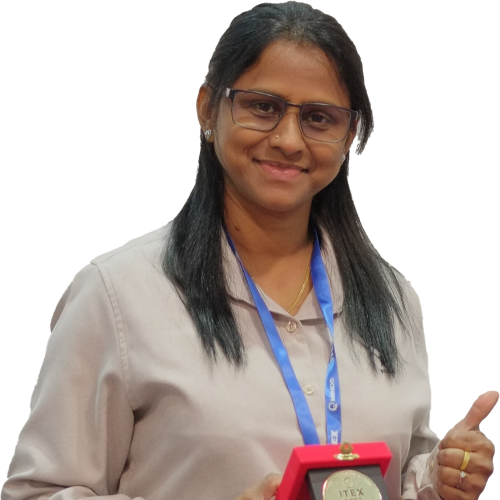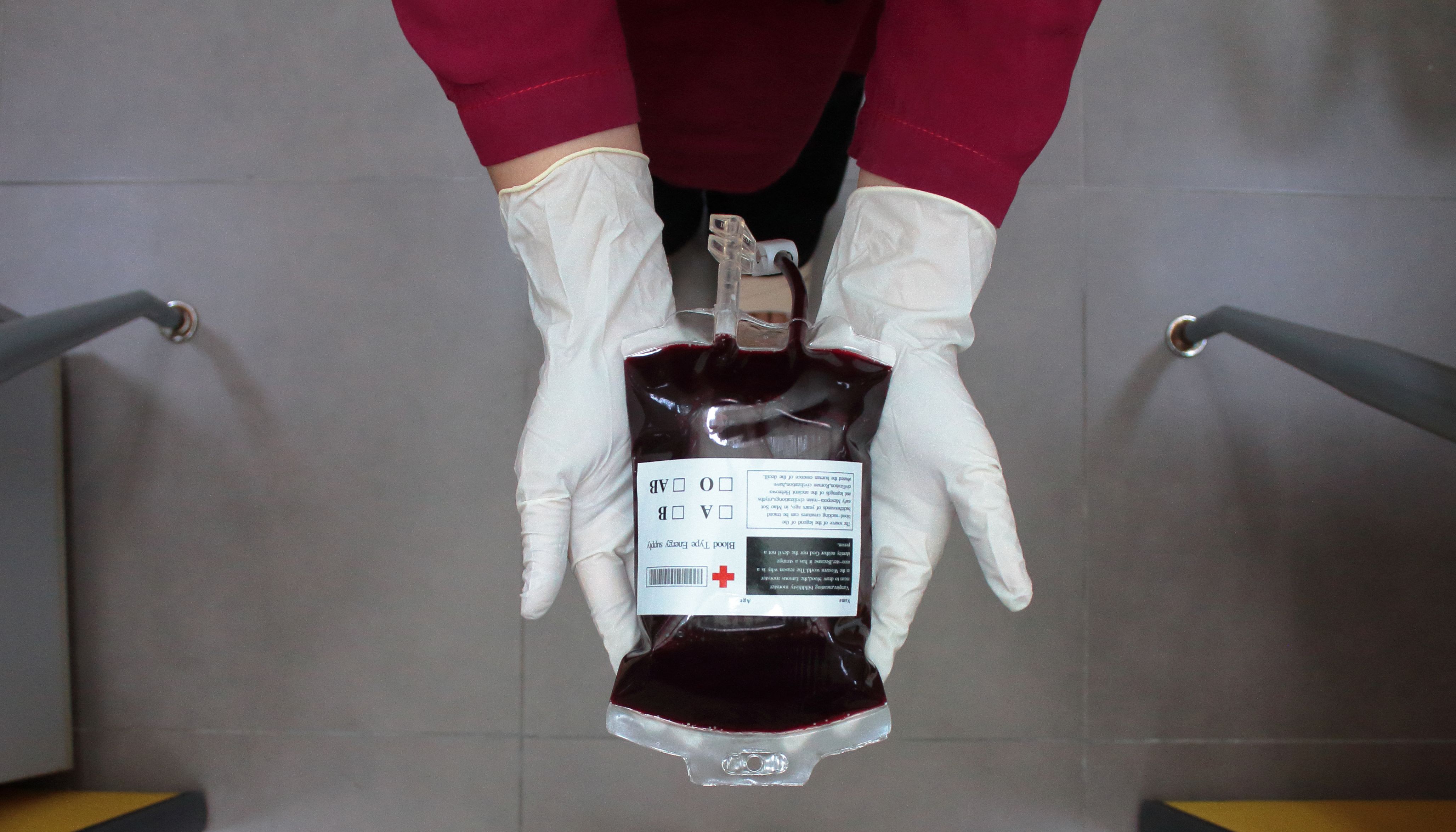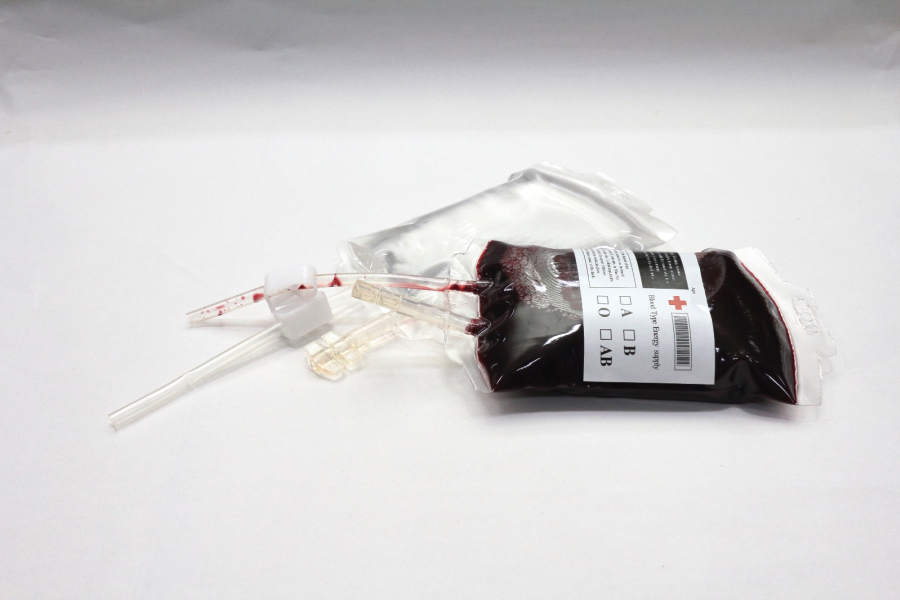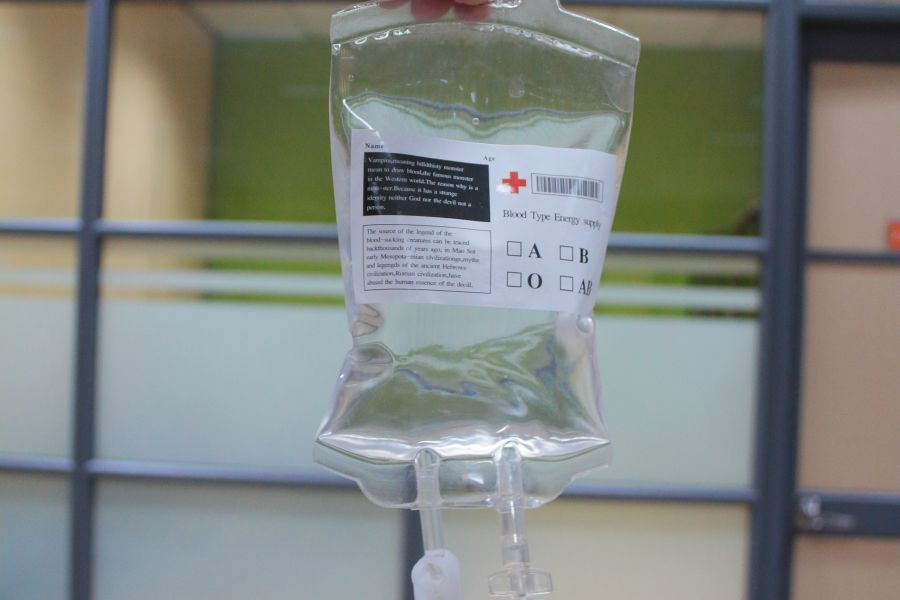BIOSEYFE : A New Generation Blood Bag to Combat DEHP Issues in PVC Blood Bag

Prof. Ir. Dr. Srimala Sreekantan
Satisvar Sundera Murthe
Dr Rabiatul Basria
S.M.N. Mydin
Dr. Siti Salmah Noordin
BIOSEYFE is an innovative blood bag solution made from a combination of medical-grade Styrene-ethylene-butylene-styrene (SEBS) and polypropylene random-heterophasic copolymer PP, designed to address the issue of DEHP migration into stored blood. Unlike traditional blood bags, BIOSEYFE does not require plasticizers. By blending the correct proportion of SEBS and PP, we have successfully created blood bags that are biocompatible, safe, and possess properties equivalent to or surpassing those of commercial PVC blood bags. Our BIOSEYFE blood bags are highly durable, with a tensile strength of 22.39 MPa and a high flexibility of 7.24 MPa, making them ideal for blood storage and transportation. They are also autoclavable and have a high oxygen transfer rate of 1486.6 cc/m2/24 hours, indicating that they are highly efficient at delivering oxygen to the patient. In addition, they have 3-fold lower metal migration, 2-fold lower bioburden, and high transparency, which makes it easier to monitor the blood during storage and transfusion. BIOSEYFE is a safer and more effective alternative to traditional PVC blood bags.
Problem Statement
Commercial polyvinyl chloride (PVC) blood bag is commonly plasticized with 30 to 40% DEHP to reduce the brittleness and hardness of pure PVC polymers. However, DEHP is not chemically bound to PVC and migrate from film, hence cause the following issues:
- DEHP is an endocrine disruptor that cause adverse effect to reproductive system, liver damage and cancer.
- leach out from the PVC blood bags and potentially contaminating the environment and water sources while the incineration of the blood bags leads to greenhouse gases and dioxins.
- Current alternative such as blend of thermoplastic polyurethane (TPU), polypropylene (PP) and ethylene-vinyl acetate (EVA) was not cost-effective and is not able to withstand the required steam-sterilization process, bad smell and may produce chemical leachates when steam sterilized.
Usefulness in Solving Problem
- BIOSEYFE resolves the plasticizer migration into stored blood problem and environmental issues.
- The composition of BIOSEYFE is transparent with excellent mechanical properties and permits steam-sterilization.
- Extend and improve shelf-life due to lower water permeability and higher oxygen transmission rate as compared to PVC blood bags.
Knowledge Management
- PRGS Fund (RM 191,974).
- 1 Talent Development: 1 PhD.
Due Diligence
The patent search from lens.org shows the number of patents published in PVC-free blood bags increased from 193 patents in 2010 to 484 in 2022, indicating the product shows future potential with substantial growth.
Newness in Technology
- No Plasticizer & Additives.
- Allow cold storage & steam sterilizability.
- High Transparency.
- Monolayers.
- No alteration in pH.
Commercialization Potential And Industrial Partner
- Marketing- De Eco SR Hygiene, a spin-off of USM-202001042946 (1399267-U).
- Manufacture of BIOSEYFE compounding (OEM)- Infotech Polymer System Sdn Bhd.
Intellectual Property Status
- 1 patent filled- PI 2022007439.
- 2 copyright filled – CRLY2021PO4156, CRLY2021PO4156.
- ISI Publication-1.
Status of Invention
Technology Readiness Level 6 - Technology demonstrated in relevant environment.
Market potential
The global revenue from the disposable blood bags market was around USD 384.4 million in 2020, with a CAGR of 10.8% and is predicted to reach a valuation of around USD 711.9 million by the end of 2027.
Impact of Innovation
- Government - Resolve DEHP migration issue thus align with SDG 3 and SDG 12.
- Academia - Technology know how to manufacture medical grade PVC-free blood bag alternative without the use of DEHP plasticizers.
- Environment - Resolve harmful leachates generated by landfilling or incineration, PROTECT groundwater or the food chain.
- Society - Safe blood transfusion through removal of exposure to phthalates in plasticizers to ensure healthy lives.
- Industry - Create new business on manufacturing and increase job employability for economic development.


